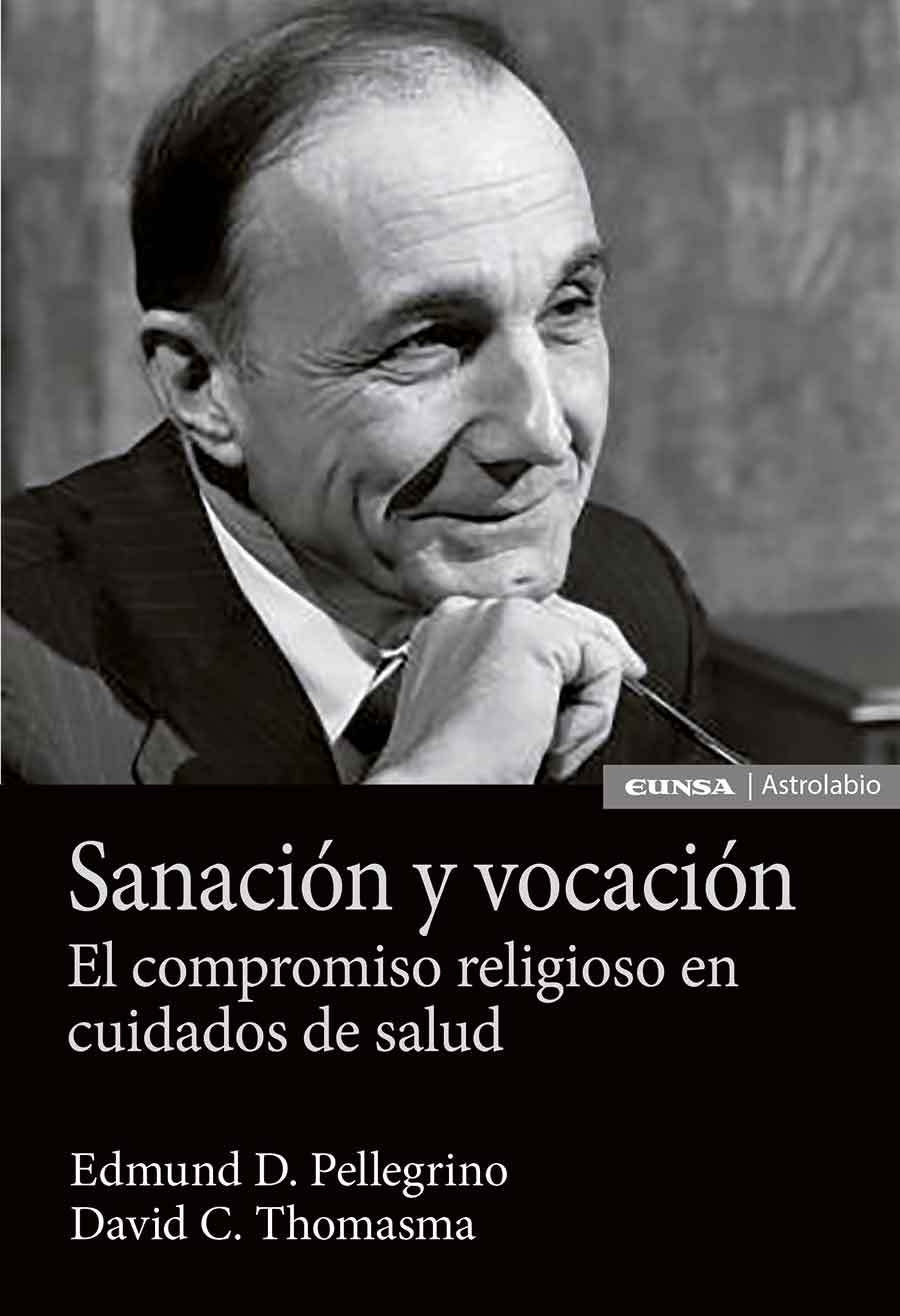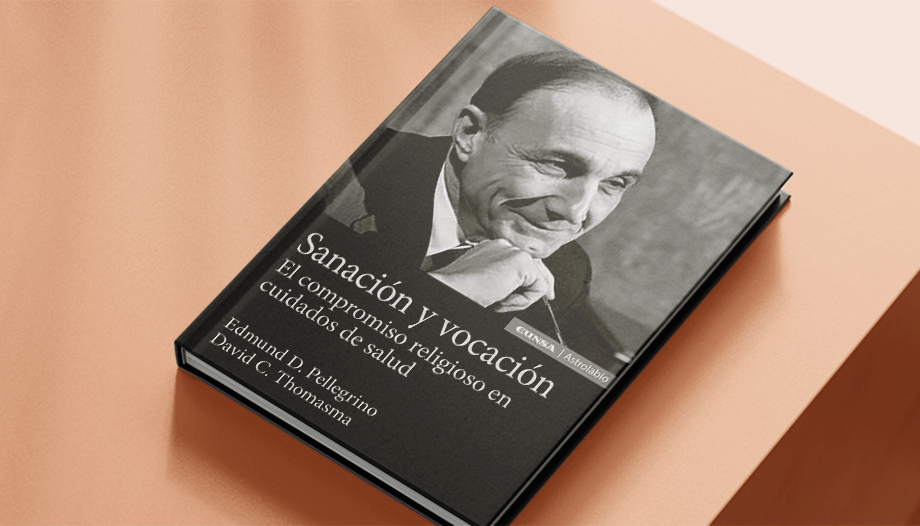A translation of the book Helping and healingpublished in 1997 by the Americans Pellegrino and Thomasma, considered by many to be the fathers of modern medical ethics. The work represented the culmination of the authors' prolific scientific and humanistic production. At the time, Pellegrino, a physician, was 77 years old, while Thomasma, younger and a philosopher, was 58 years old. Both were professors at Georgetown University in Washington DC.
The book is just over 300 pages long. The first 50 pages contain the extraordinary analysis by Dr. Manuel de Santiago, translator of the work and connoisseur, like few others, of Pellegrino's life and works.
In the introduction to the original text, the authors make it clear that the book is a compilation of articles from previous years, some of which have had little circulation. The purpose of the book is to bring together a collection of works under a single common thread, namely, how natural reason and faith in medicine should conform. The aim is to formulate a new and true ethical doctrine of medicine, based on the morality of the medical act. In an unprecedented way, the medical profession is seen by the authors as a Christian moral enterprise.
De Santiago recognizes several stages in Pellegrino's life, ranging from a secular period to the final stretch of great religious dimension. In between, there was a scientific period linked to his activity as an internist, a teaching period as a university professor and a humanistic period, focused on the consideration of human values in medical practice. From that moment on, Pellegrino embarked on the reconstruction of medical ethics, basing it on the virtues, which had been recovered at the time by great contemporary philosophers such as Alasdair MacIntyre and Elizabeth Anscombe, both converts to Catholicism. Faced with the rise of principlism and the bioethics of Beauchamp and Childress, Pellegrino emphasizes beneficence, the search for the good of the patient, as the main foundation of morality in medical practice.

Healing and vocation. Religious commitment in health care
It was in 1986 that Pellegrino's turn to the religious perspective from the more secular, medical virtue-based view took place. The trigger was a symposium on philosophy and medicine organized by Georgetown University. From that moment on, Pellegrino configured medical morality based on the virtue of charity, transformed into compassion for the patient. Compassion is much more than pity or sympathy, it is feeling and suffering with the patient and accompanying him in his fragility as a human being. Even so, respect for the conscience of the physician must prevail over certain autonomous requests of the patient.
A medical ethics founded on the virtues and regulated by charity is for Pellegrino an ethics of agape, which goes beyond the principles, rules and obligations of physicians, but not to absorb or deny them, but to perfect them. In this way, medical practice becomes a means of service to others, a specific mission - vocation - to which God has called the physician.
Pellegrino was invited to become a member of the Pontifical Academy for Life, founded by St. John Paul II in 1998. His thought identified with the Pope's Christian personalism. Faced with the relativism and pluralism of secular society, a legacy of the Enlightenment, where technological advances seemed to provide an answer to everything, Pellegrino wants to recover medical practice with moral philosophy and the light of faith.











